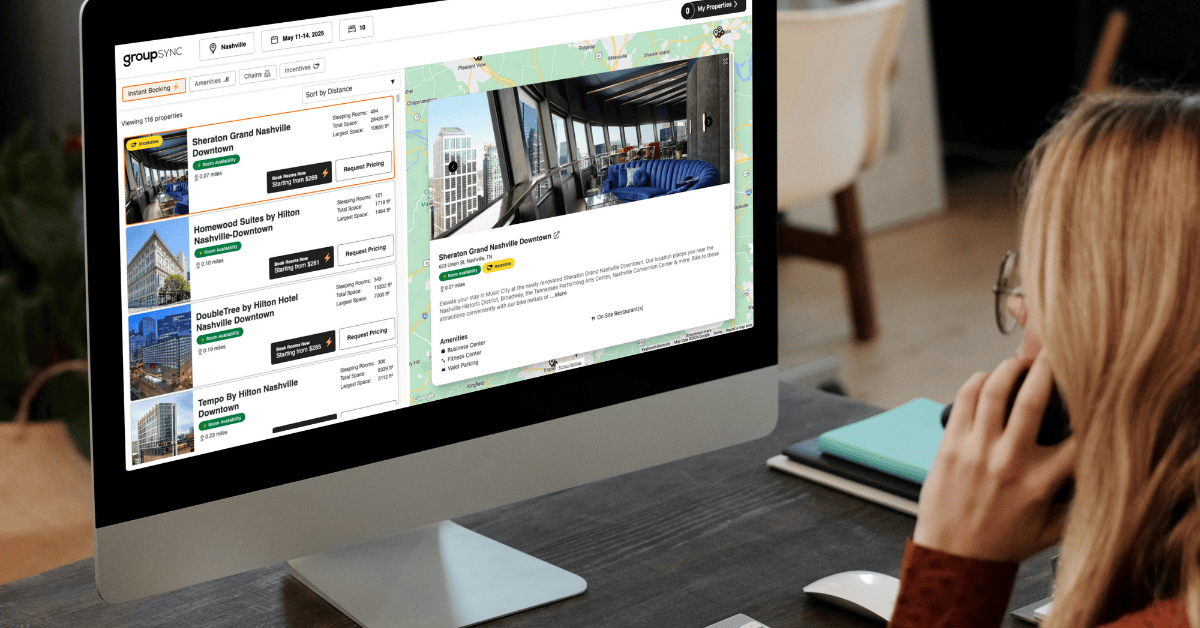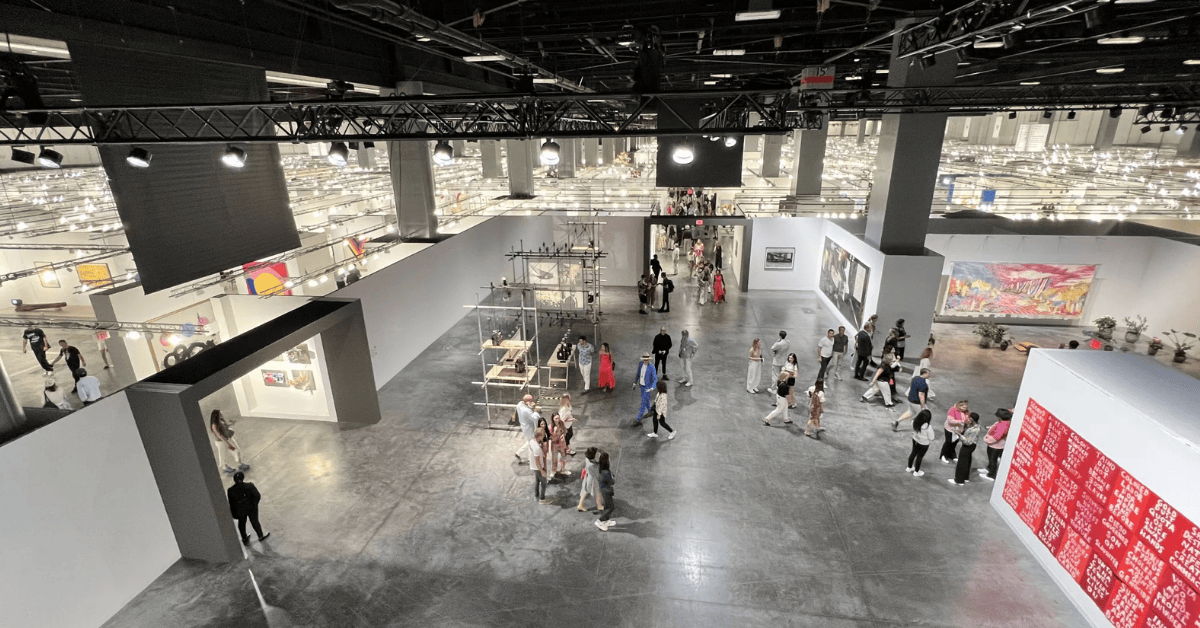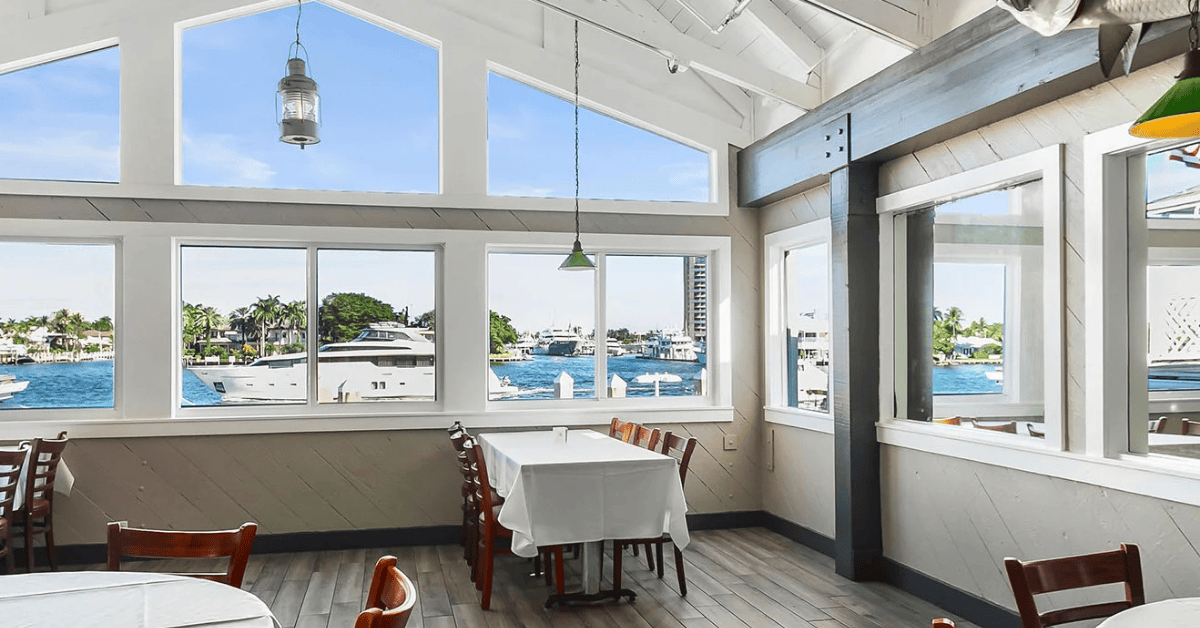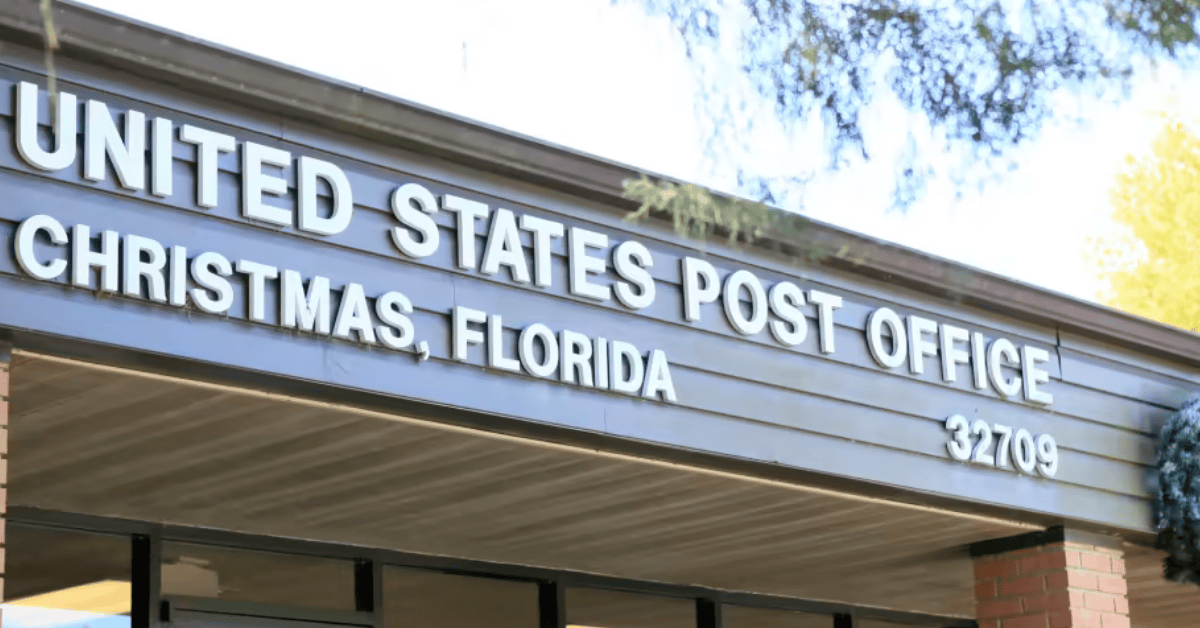
How to Book Hotel Rooms for Your Sports Team: A Stress-Free Guide
Booking hotel rooms for your sports team doesn’t have to be a hassle. With the right approach and tools, you can make the process smooth and efficient, ensuring your team stays in accommodations that fit their needs, comfort levels, and budget.
Groups360 offers solutions tailored for group travel, making the process even easier for sports teams. Here’s how to book the perfect team hotel for your group.
1. Understand Your Team’s Needs
Understanding your team’s specific needs is the foundation of a successful hotel booking. Start by determining how many players, coaches, and staff will need accommodations and the type of rooms required. Teams often benefit from a mix of single, double, and suite options to cater to different roles and preferences.
Budgeting is critical as taxes, fees, and add-ons like parking or resort charges can add up quickly. Teams traveling on a budget should focus on hotels that include cost-saving amenities like free breakfast or complimentary Wi-Fi. Additionally, think about your team’s routines. Athletes may need fitness centers to maintain conditioning, while support staff may require reliable Wi-Fi for event coordination.
Groups360’s GroupSync Marketplace simplifies this process by helping you search for hotels that meet specific team requirements. Whether it’s proximity to your event, loyalty-brand preferences, or group-friendly amenities, GroupSync enables you to narrow down the perfect options.
-
- Number of Rooms: Calculate the exact number of rooms required to avoid overbooking or shortages.
- Room Types: Decide on room arrangements for players and staff.
- Budget Constraints: Create a clear financial plan, including hidden costs like taxes or fees.
- Essential Amenities: Make a list of must-haves, such as laundry facilities, late check-out, or parking options.
Choosing a team hotel that aligns with these needs ensures a smooth and stress-free experience.
2. Use Online Tools Like GroupSync for Efficiency
Managing group travel can be time-consuming, but GroupSync streamlines the process. This powerful platform allows you to search, compare, and book hotels that meet your requirements. Unlike traditional methods, GroupSync provides real-time availability and group rates, ensuring an easy and efficient booking experience.
With GroupSync, you can filter results based on:
-
- Proximity to Your Event: Quickly locate hotels near your competition or practice venue.
- Budget and Amenities: Narrow down options that align with your financial and team needs.
- Hotel Loyalty Programs: Choose hotels that align with your preferred loyalty programs.
- Group-Friendly Features: Focus on hotels with catering options, private entries, or meeting spaces.
GroupSync Instant Booking allows you to skip the bid process and reserve online directly for faster bookings. With thousands of participating hotels offering real-time availability, you can secure accommodations for your team quickly and confidently.
3. Prioritize Proximity to the Venue
The location of your team hotel can significantly impact your travel experience. Staying close to the competition venue reduces transportation time, costs, and logistical headaches. It also allows athletes to rest and prepare between events without worrying about long commutes.
Proximity also offers flexibility in case of schedule changes or emergencies. For example, staying nearby means team members can quickly return to the hotel to retrieve forgotten gear or rest during downtime.
GroupSync makes it easy to filter search results by location, ensuring your team is close to the action.
-
- Map Out Options: Use tools to identify hotels near your event venue.
- Account for Traffic: Consider local congestion or road closures that may impact travel time.
A team hotel close to the venue ensures players and staff have more time to focus on the game rather than transportation logistics.
4. Filter Hotels by Amenities

The right amenities can make or break your team’s stay. Hotels offering complimentary breakfasts help athletes start their day with energy, while fitness centers provide a space for pre-game preparation. Amenities like laundry facilities or late check-out options can make extended stays more convenient for both players and staff.
Many hotel chains specialize in catering to groups, making them ideal for booking a team hotel. Here are some chains known for offering complimentary breakfast to guests:
-
- Hampton by Hilton: Includes hot breakfast options like waffles, eggs, and fresh fruit.
- Homewood Suites by Hilton: Offers hearty breakfast selections to fuel your team.
- Embassy Suites by Hilton: Known for its cooked-to-order breakfast tailored to individual preferences.
- Residence Inn by Marriott: Features breakfast buffets with hot and cold items.
- Fairfield by Marriott: Provides a mix of hot and continental breakfast options.
- SpringHill Suites by Marriott: Focuses on fresh, healthy breakfast choices.
- TownePlace Suites by Marriott: Offers a variety of breakfast options to suit all preferences.
- Holiday Inn Express by IHG: Features the Express Start™ Breakfast Bar with an assortment of hot and cold options.
- Country Inn & Suites by Radisson: Includes daily hot breakfast featuring waffles, eggs, and more.
- La Quinta by Wyndham: Bright Side Breakfast® offers a variety of delicious morning options.
GroupSync Marketplace allows you to refine your search based on group-specific needs.
-
- Group-Friendly Features: Look for hotels with meeting spaces, catering options, or flexible room configurations.
- Fitness Centers: Ensure players can maintain training routines during their stay.
When booking, confirm with the hotel directly that the amenities listed online will be available during your stay to avoid surprises.
5. Manage Room Blocks with Ease
Once your reservations are set, managing room blocks can become a challenge. Groups360’s GroupSync Housing makes tracking bookings and avoiding attrition fees simple. With a dedicated website for your team and their families, everyone can book their rooms within your reserved block.
GroupSync Housing also provides real-time insights into booking activity, allowing you to see who has confirmed and who still needs a reminder. This feature ensures you stay ahead of deadlines and minimizes surprises during check-in.
6. Maximize Benefits with Hotel Loyalty Programs
Loyalty programs are a great way to add value to your booking, especially for teams that travel frequently. Many hotel chains reward loyalty members with discounted rates, upgrades, and other perks. If your team frequently uses the same hotel chain, accumulating points can lead to significant savings over time.
For example, some loyalty programs offer exclusive benefits like complimentary breakfasts or early check-ins, making your stay more convenient and enjoyable. Loyalty programs also provide added flexibility in managing reservations, which is invaluable when handling unexpected changes.
-
- Discounted Rates: Take advantage of exclusive pricing for loyalty members.
- Extra Perks: Enjoy upgrades, lounge access, or complimentary meals.
- Long-Term Savings: Accumulate points for future team travel needs.
Encouraging your team to join the same loyalty program can maximize collective benefits for group travel.
7. Confirm and Monitor Reservations
Once your bookings are finalized, it’s essential to actively manage your reservations. Request written confirmation from the hotel detailing the number of rooms, rates, and any special accommodations. Having a clear agreement ensures there are no surprises at check-in.
Monitoring your reservation status is equally important. Changes in team size, event schedules, or hotel policies can affect your bookings. Regular communication with the hotel helps you stay ahead of potential issues.
-
- Written Confirmation: Keep a detailed record of your reservation terms.
- Monitor Changes: Stay updated on booking adjustments or cancellations.
This proactive approach ensures a seamless check-in experience and reduces stress for everyone involved.
8. Plan Ahead for a Low-Stress Check-In
Preparation is key to a smooth check-in process. Provide a rooming list to the hotel in advance so they can prepare keys and room assignments. If your team is arriving early, coordinate with the hotel for early check-ins to minimize downtime.
For larger groups, some hotels offer dedicated check-in desks or staff to streamline the process and ensure players and staff can settle in quickly.
-
- Rooming Lists: Share detailed assignments before arrival.
- Early Check-In: Coordinate with the hotel to ensure rooms are ready for early arrivals.
Efficient check-ins set the tone for a positive team travel experience.
9. Gather Feedback After the Stay
After the trip, ask your team for feedback about the hotel. This will help you evaluate whether the accommodations met their needs and provide insights for future bookings. Sharing reviews with the hotel also encourages them to improve their services for group travelers.
-
- Collect Feedback: Ask players and staff about their experiences.
- Provide Reviews: Share constructive feedback with the hotel.
Keeping notes on which team hotels performed well will simplify planning for your next trip.
Ready to Book the Perfect Team Hotel?
Streamline your team travel experience with GroupSync. From searching and comparing options to booking and managing room blocks, GroupSync’s innovative tools make it easy to organize team accommodations. Whether you need instant booking or detailed room block management, GroupSync has you covered.
Team travel can be stressful. But booking the hotel is no sweat with GroupSync – create your free account.
Want to score the best rates on hotel rooms for your team?
Sign up for a free GroupSync account today!






















































